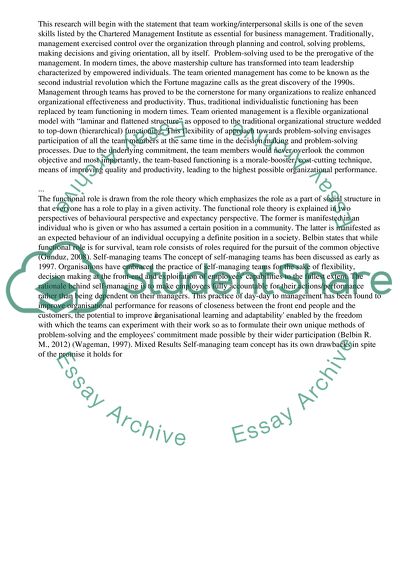Cite this document
(“Teamwork Makes a Dream Work Essay Example | Topics and Well Written Essays - 1000 words”, n.d.)
Retrieved from https://studentshare.org/business/1468544-teamwork-makes-a-dream-work
Retrieved from https://studentshare.org/business/1468544-teamwork-makes-a-dream-work
(Teamwork Makes a Dream Work Essay Example | Topics and Well Written Essays - 1000 Words)
https://studentshare.org/business/1468544-teamwork-makes-a-dream-work.
https://studentshare.org/business/1468544-teamwork-makes-a-dream-work.
“Teamwork Makes a Dream Work Essay Example | Topics and Well Written Essays - 1000 Words”, n.d. https://studentshare.org/business/1468544-teamwork-makes-a-dream-work.


